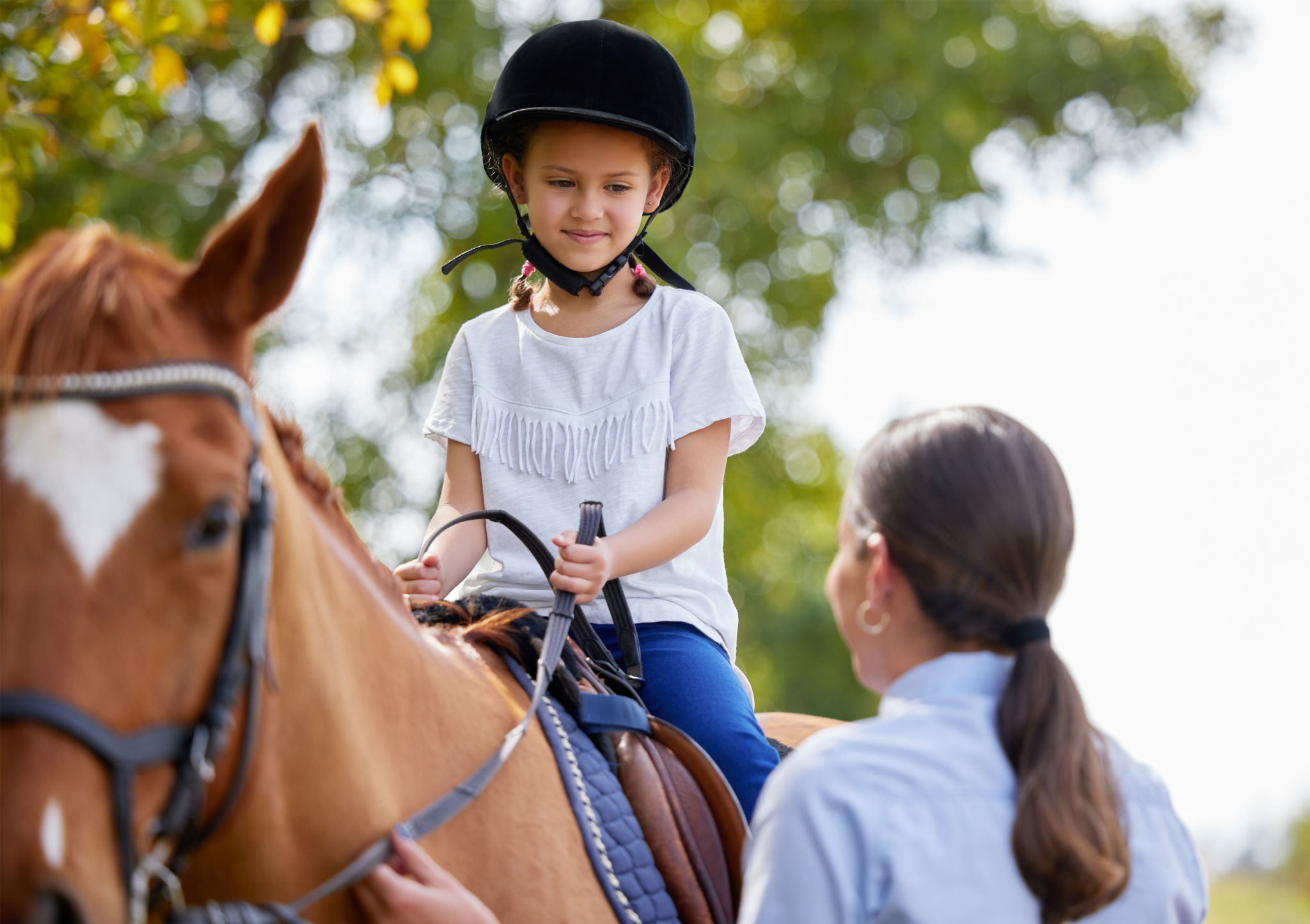How to Choose a Professional Horseback Riding School: A Comprehensive Guide
Understanding Your Needs and Goals
Before you start searching for a horseback riding school, it's crucial to understand your specific needs and goals. Are you looking to learn horseback riding for leisure, or do you aim to compete in equestrian sports? Knowing your objectives will help you select a school that aligns with your aspirations.
Consider the type of riding you are interested in, such as dressage, jumping, or trail riding. Each discipline may require different facilities and instruction styles. By identifying your preferences early, you can narrow down your options more effectively.

Researching Potential Schools
Once you have a clear understanding of your goals, begin researching potential horseback riding schools. Start by asking for recommendations from friends, family, or online communities. Word-of-mouth referrals can provide valuable insights into the quality of instruction and facilities.
Additionally, explore online reviews and ratings to gauge the experiences of other students. Look for schools with a strong reputation and positive feedback. Consider visiting the school's website to gather information about their instructors, programs, and facilities.
Evaluating Instructor Qualifications
The expertise of the instructors is a critical factor in choosing a riding school. Ensure that the instructors are certified and have a solid track record in teaching horseback riding. Experienced instructors can provide personalized guidance, ensuring that you develop your skills safely and effectively.

Assessing Facilities and Safety Measures
When visiting potential schools, pay attention to the quality of their facilities. A well-maintained stable and riding area are essential for a safe and enjoyable learning experience. Check for adequate space, clean stalls, and well-cared-for horses.
Safety should be a top priority. Inquire about the school's safety protocols, including the availability of helmets and first-aid equipment. A school that prioritizes safety demonstrates a commitment to student welfare.
Understanding Lesson Structure and Flexibility
Investigate the lesson structure offered by the school. Find out if they offer group or private lessons and what the curriculum includes. A well-rounded program should cover horse care, riding techniques, and safety practices.

Consider the flexibility of the lesson schedule. Some schools offer weekend or evening classes, which can be beneficial if you have a busy timetable. Flexibility can make it easier to integrate riding lessons into your lifestyle.
Cost and Commitment
Finally, evaluate the cost of lessons and any additional fees. Compare prices between schools, but remember that the cheapest option may not always be the best. Consider the value of the instruction, facilities, and overall experience when making your decision.
Assess the commitment required. Some schools may offer packages or require a minimum number of lessons. Understanding the financial and time commitments upfront will help you choose a school that fits your budget and schedule.

By considering these factors, you can choose a professional horseback riding school that meets your needs and helps you achieve your riding goals. Whether you're a beginner or an experienced rider, the right school can make all the difference in your equestrian journey.
